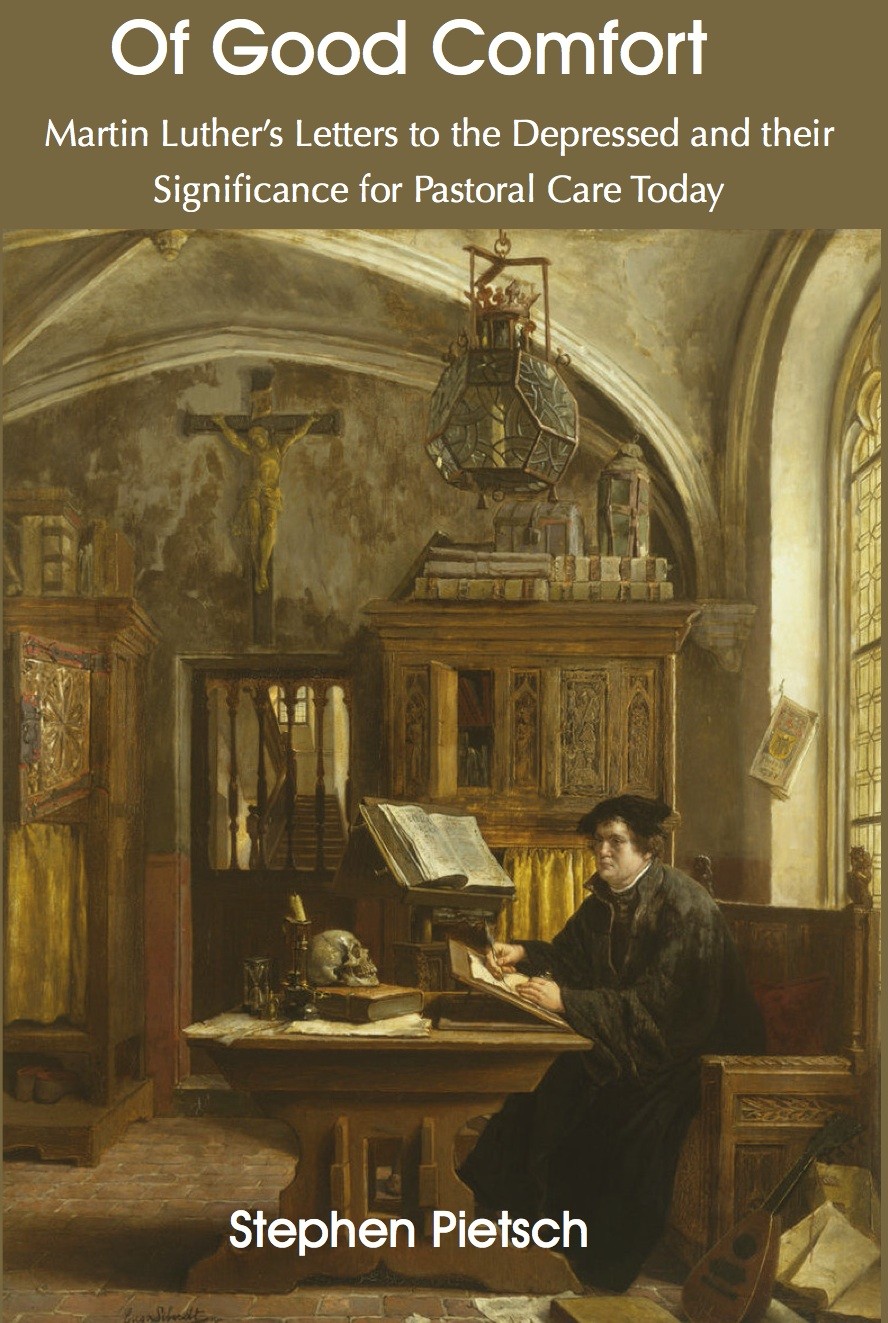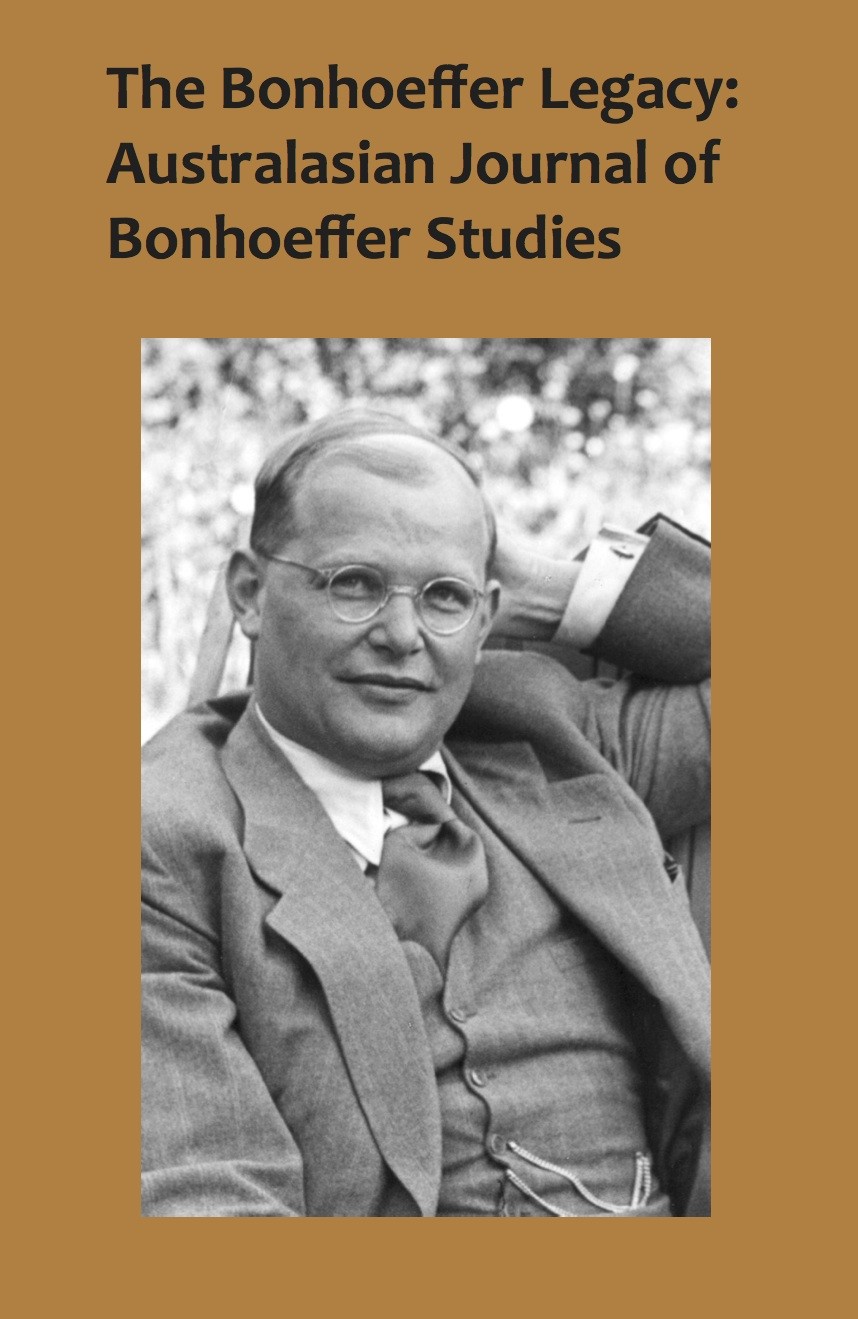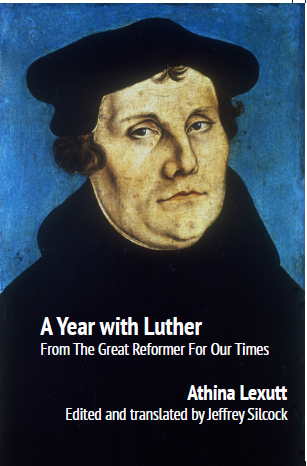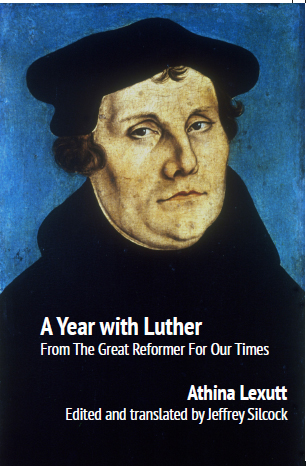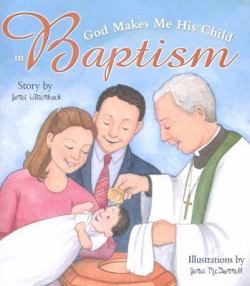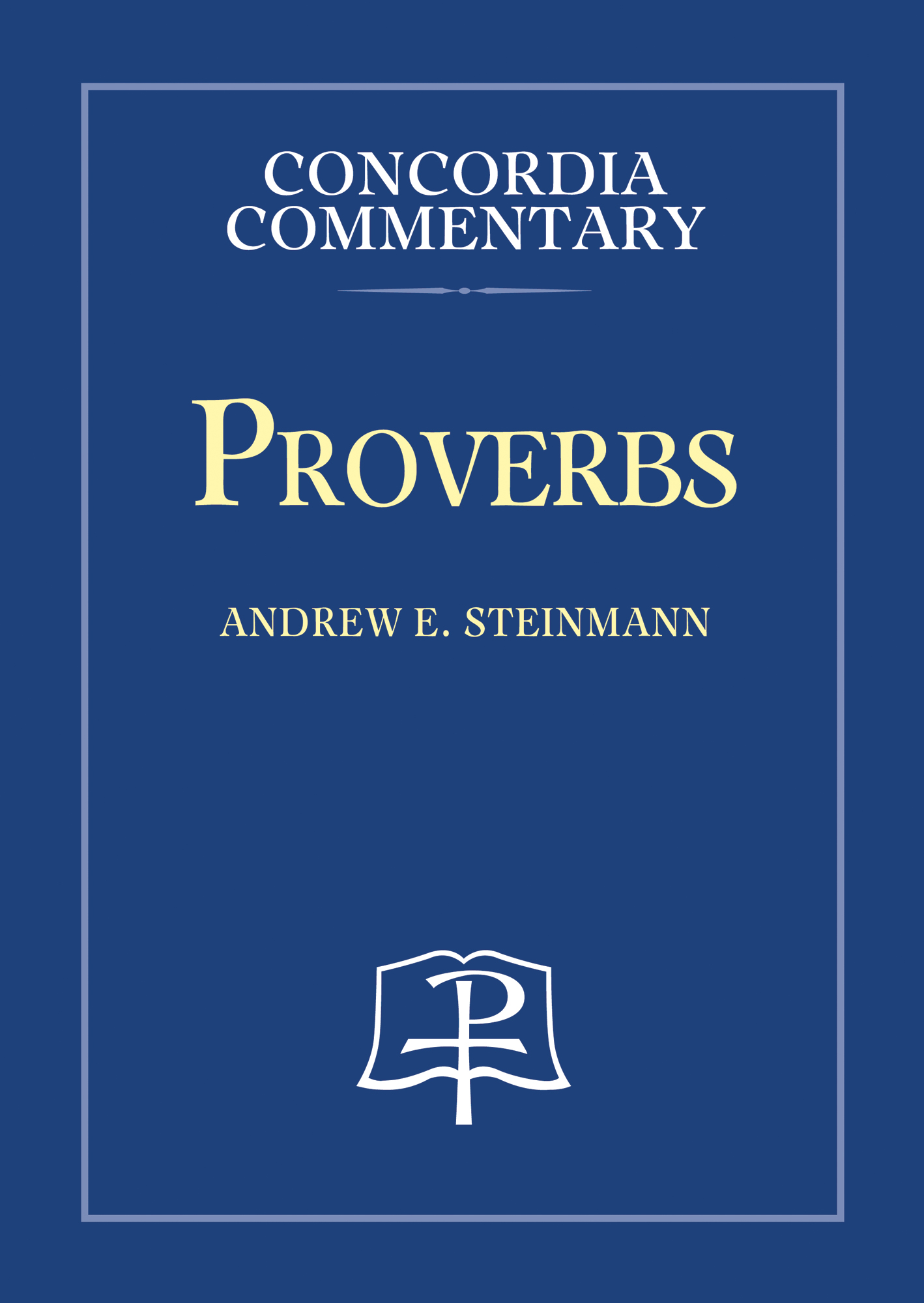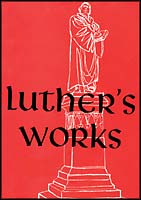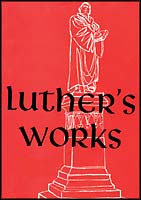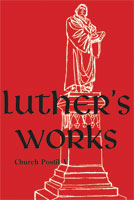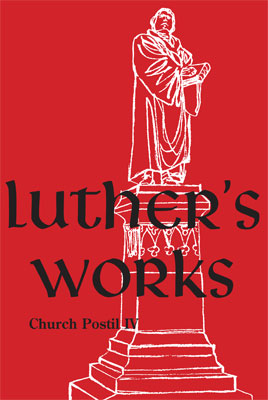The lowly and simple majesty of John’s language calls the reader to become a disciple of the Word became flesh, and so to share in that which he himself is: eternal life. In John, the voice of the Word is heard; the Paraclete is speaking. God makes himself known, proffers himself, and so becomes our God. Thus, the Gospel invites us to see and to hear what apart from the Gospel cannot be seen and cannot be heard: the Father of Jesus, who is the true and divine Son. And in seeing the Father in that we see the Son, we can truly pray with Jesus, “Our Father.”
This commentary contains Dr. Weinrich’s original translation of John 1:1–7:1, a painstaking verse-by-verse analysis of the Greek text of these chapters, and theological exposition of the Gospel’s message, both for the apostolic church in its original context, and for the life of the Christian church today. His expertise in the early church fathers demonstrates how this Gospel was understood from the earliest times in the infant Christian church. Another unique aspect of this commentary is the interwoven extensive knowledge of the interpretation history of the Gospel of John. Dr. Weinrich explores both classic scholarship and modern interpretations of the book.
William C. Weinrich is professor of early church and patristic studies at Concordia Theological Seminary, Fort Wayne, Ind., where he has taught since 1975. During his tenure at the seminary, he has served as supervisor of the STM program (1986–1989), dean of the graduate school (1989–1995), and academic dean (1995–2006). He also served the Evangelical Lutheran Church of Latvia as rector of its theological school, the Luther Academy, in Riga, Latvia (2007–2010). He served The Lutheran Church—Missouri Synod as third vice-president (1998–2001) and as fifth vice-president (2001–2004). He retired at the rank of lieutenant colonel from the Indiana Air National Guard after serving as chaplain (1978–2004).


 Back
Back
